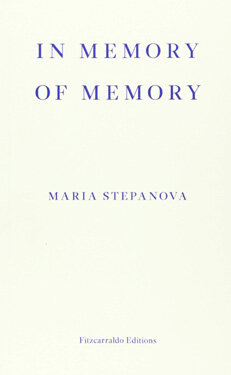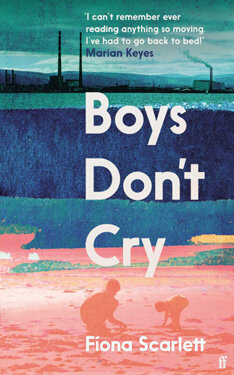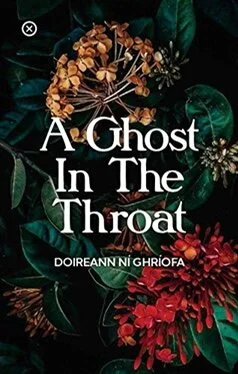It's been especially interesting following the International Booker Prize this year as the shortlisted books all take a creative approach to form, genre and narrative in telling their stories. This is certainly true in the case of Benjamín Labatut's “When We Cease to Understand the World” which inventively blends biographical nonfiction and fiction to describe discoveries made by several different male scientists and mathematicians of the 21st century such as Fritz Haber, Alexander Grothendieck, Werner Heisenberg and Erwin Schrodinger.
Their intellectual revelations made fundamental advancements within their fields of study, altered our human perception of reality and provoked innumerable changes to our lives in ways we don't often think about. But, like any scientific advancement, this knowledge could be used for positive or negative consequences from alleviating famine to facilitating mass killing. The question of the relative “goodness” of any such discovery is tricky as well because if fertilizer is made so readily available it leads to the planet's overpopulation is that really positive advancement? On a personal level, these discoveries also led to many of these intellectuals experiencing a moral, spiritual or existential crisis. They became so overwhelmed by the consequences of what they found some turned their backs on society to become reclusive and/or actively tried to block their findings from being used. It's described how Grothendieck anxiously wonders “What new horrors would spring forth from the total comprehension that he sought?”
Labatut wonderfully dramatizes the details of these men's lives focusing on the toll such genius and knowledge takes upon the individual. By not sticking to biographical fact the author gets at the emotional truth of the dilemmas which attend such intellectual “advancement”. The narrative is so smooth and smart it's like deep secrets are being whispered to the reader by the coolest and most engaging philosophy professor at school. The prose are also so beautiful they have an enchanting and haunting effect. It makes these separate (and sometimes overlapping) tales compulsively readable. However, sometimes Labatut's embellishments can become a little too fanciful as these scientists become consumed with sexual compulsions or drug-induced hallucinations. I get that the mania which attends genius can also be felt and often might coincide with such extremes of experience, but it's also when I became overtly aware of Labatut shaping the narrative into a story whose need for a poetic arc supersedes the grainier stuff of reality. I felt a more effective scene was when an individual becomes lost in a fog on a desert island and we follow his painfully plodding efforts to find his way back to his accommodation.
Just as Stepanova's fascinating book “In Memory of Memory” seriously altered the way I think about memory, Labatut's more streamlined but equally thoughtful book has made me indelibly reconsider the real value of knowledge. Often we feel that if we can scientifically understand every aspect of the unknown we'll be able to control our lives and the world around us. But to exist involves so many chaotic factors and there are so many facets of reality which will remain permanently beyond our comprehension. Labatut shows with extreme but highly-telling examples how passing into a fuller knowledge of life can as easily lead to madness as it does to enlightenment.
















